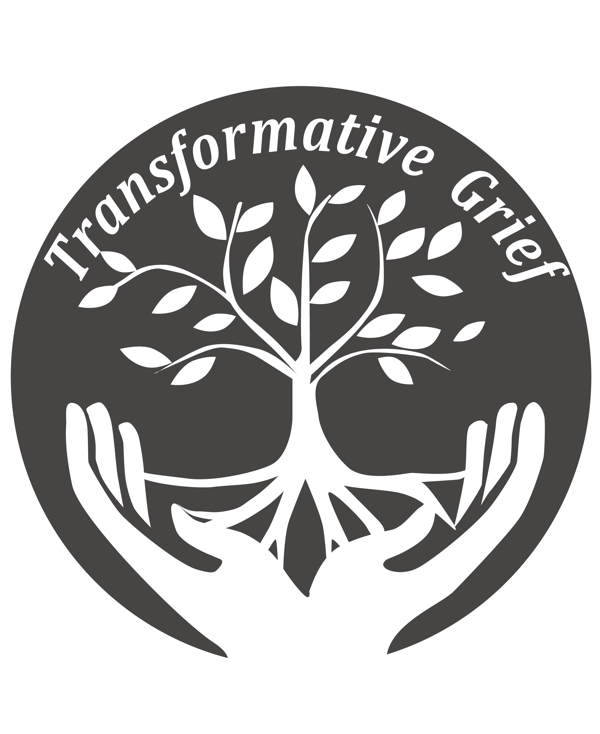Deep grief is disorienting. The overwhelming uncertainty, disbelief and confusion of trying to accept, integrate and adjust to the new normal of life without your loved one can trigger anxiety. This surreal state of existence, knowing they are gone but questioning on a deeply cellular level how it can possibly be true (wanting to pick up the phone, send a text, walk through the door and see them sitting there). It is just so hard to believe, so hard to accept. Here one day and gone the next. Life as you knew it forever changed, forever different.
You exist in this altered state of trying to continue on, trying to be strong, present, good (whatever that looks like in grief). Trying to keep your head above water and your feet firmly on the ground and somehow moving forward. It is relentlessly grueling. It is depleting. It is unnerving.
There is a profound desire to understand how, why and what could have been done differently to prevent or change this most unacceptable outcome. These thoughts can be distracting, consuming and anxiety producing.
Try to counterbalance your anxiety through active and deliberate self care. All the magical thinking, the what if’s, the anger, the regret and the sorrow will not change the truth that your loved one has died. That life will forever be different.
As you endure this unimaginable time, it is important to commit yourself to doing your best each day to maintain health and wellness:
- Try to eat well (lean proteins, fruits and vegetables), drink a lot of water, limit caffeine, watch (limit) your alcohol intake, take a multivitamin.
- Try to develop a sleep routine. Take a hot shower or warm bath about an hour before you get in bed. Drink a soothing decaffeinated tea. Journal your feelings so they are not stuck spinning in your head. Listen to meditations, guided imagery, relaxing music or turn the tv on to a mindless channel that won’t upset, stimulate or create further anxiety.
- Move your body during the day. Go for a walk. Go to the gym. Ride your bike. Take a yoga or Tai Chi class. Exercise is an important strategy for managing anxiety.
- Practice self compassion, patience and productive self talk. Try to manage expectations of yourself and others. Remember and give power to how your loved one lived, not how they died.
- Schedule weekly self care. Schedule a massage, a session with a personal trainer, an appointment with a grief counselor, lunch or a movie with a friend. Consistently scheduling time for positive distraction, self care and connection with others helps to manage anxiety and is essential for healing.
- Positive distraction helps to shift your mind from worry to action (Gardening, playing an instrument, word searches, jigsaw puzzles, knitting, the stock market, exercise, creative expression such as drawing, coloring, painting, taking a class, volunteering…).
- Breathe deeply. Breathe in calm and out worry. Create and practice a centering mantra that reminds you that you will be okay, “I can do this. I am sad and I am strong. I am overwhelmed and I am moving forward in strength”.
The anxiety of deep grief does not last forever. In time you will not feel the intensity of anxiety and sadness in such profound and pervasive ways. You will never stop missing your loved one or wishing they were here. You will learn to live with and integrate your loss in ways that allow you to live forward with meaning, purpose and calm. Accepting the duality of life after loss is integral to managing the anxiety of deep grief. You wish your life felt as it did before loss and you are engaged in trying to live forward. You are feeling emotionally and physically exhausted and you are making daily choices that honor and promote self care (exercise, positive distraction, practicing a daily sleep routine). You feel agitated and lost and you work to recognize and connect to what remains good and meaningful in your life. You feel vulnerable and you are able to recognize your strength and resilience. There are many things in life we can not control but we can control how we approach and actively participate in our own healing and self care.We can control how we approach and manage the anxiety of deep grief.










Thankyou very much, this is a wonderful article, so very accurate.
Thank you!